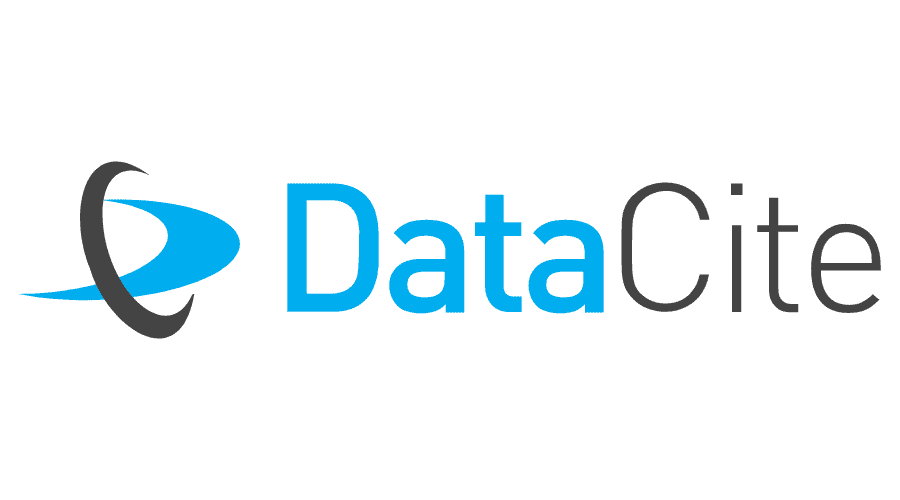Webinar: Promoting visibility for research through DataCite DOIs

NOVEMBER 10, 2021
Making research visible, discoverable and sharable is an integral part of opening up access to knowledge. This can be achieved through the use of actionable, constant and persistent Digital Object Identifiers (DOIs) for research data and other research outputs. Also, this enables easy digital accessibility irrespective of any changes to the location of the resource (object, contributor and organisation) online.
The International standard book number (ISBN) and the International standard serial number (ISSN) have long served as object identifiers for textual materials. However, the proliferation of digital resources as well as the migration of teaching, learning and research to online spaces necessitate unique identifiers (codes) that are machine-readable and interoperable thereby leading to more visibility, accessibility and wider opportunities for sharing knowledge and collaborative research. This has become most needful for Africa as the continent continues to search for innovative solutions to development challenges.
DataCite an international not-for-profit body is one of the main organizations that assign DOIs for scholarly work globally. It was founded in 2009 by Libraries and research institutions from Britain, Canada, Denmark, Germany Netherlands, and USA.
In conjunction with the African Library and Information Associations and Institutions (AfLIA), DataCite will host an introductory webinar for African Librarians on December 1, 2021 to shed more light on how to make research visible and create more impact using DataCite DOIs.
The webinar with resource persons from UbuntuNet Alliance and International Institute for Tropical Agriculture (IITA) will provide an overview of the value of Persistent Identifiers(PIDs). It is expected that the webinar will widen the understanding of African Librarians, library educators and researchers on how to be more visible globally through their scholarly communications.
